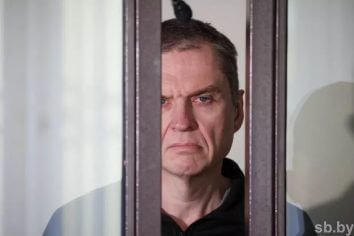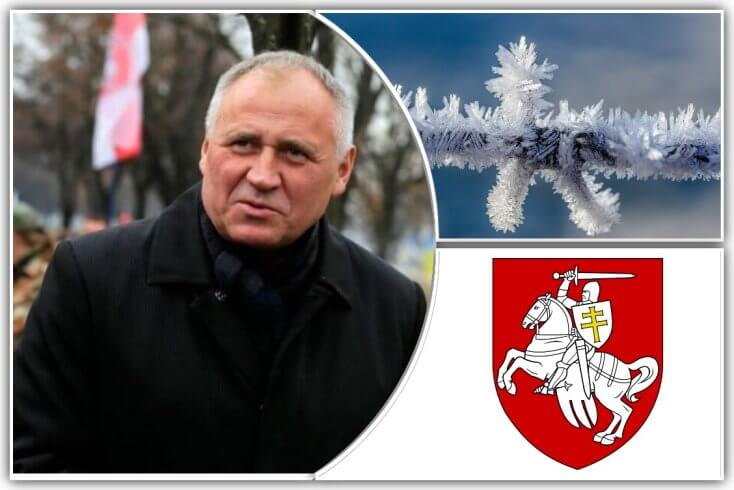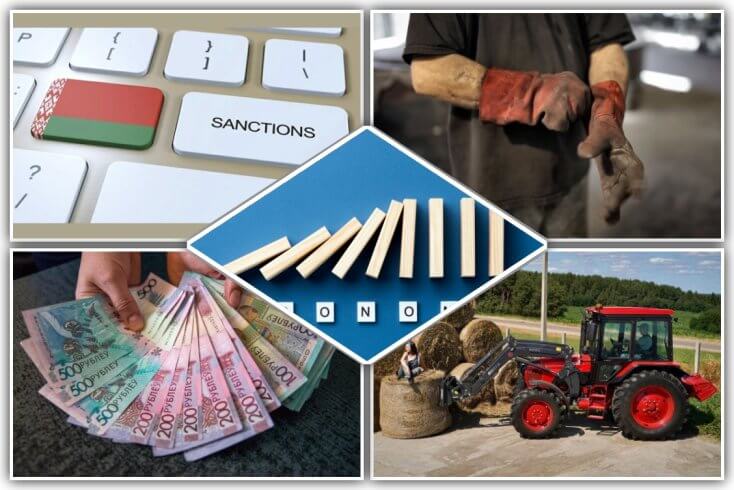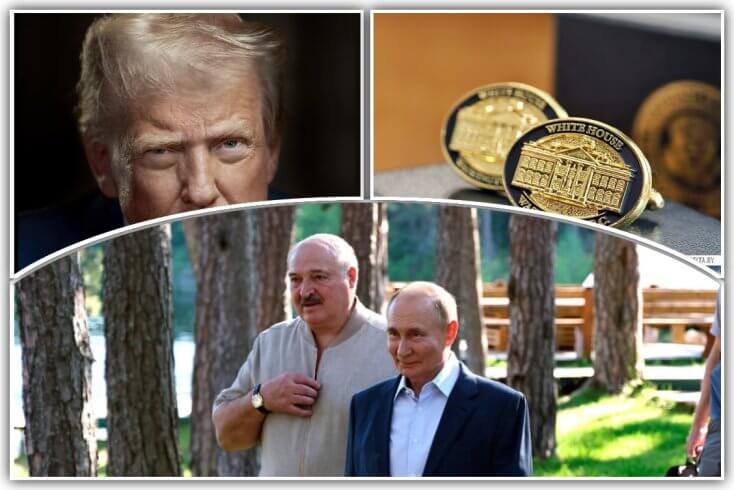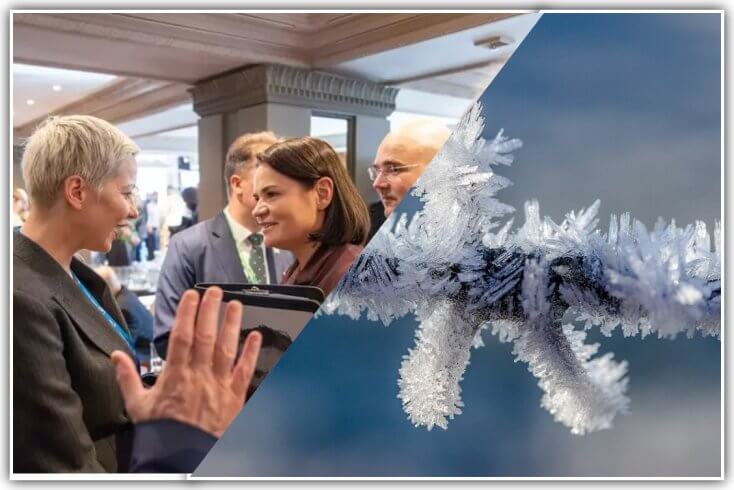On September 17, during a meeting with propagandists and historians marking People’s Unity Day—the anniversary of the Soviet invasion of Poland in 1939—Alaksandar Łukašenka directed his sharpest rhetoric against Poland.
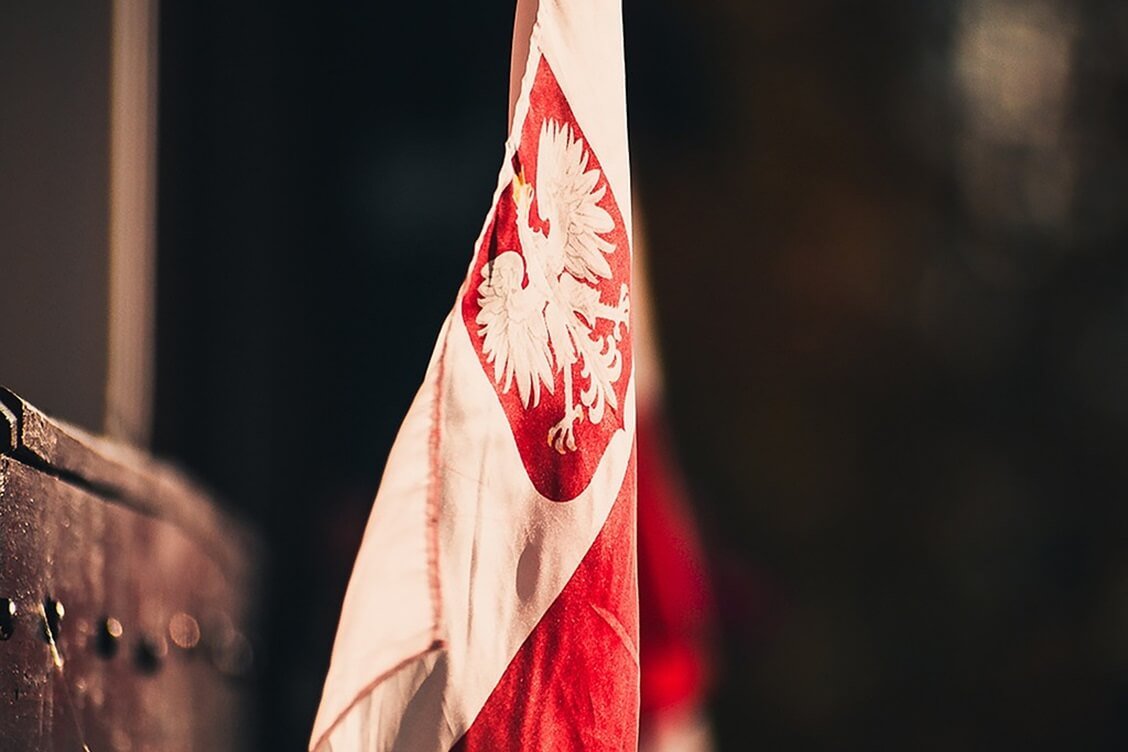
The “unification” of western Belarus with the Byelorussian Soviet Socialist Republic was the result of a pact between Josef Stalin and Adolf Hitler to partition Poland. Following the partition, the Red Army and Nazi troops held a joint parade in Brest to celebrate their victory.
Molotov–Ribbentrop Pact
At the September 17 meeting, Łukašenka urged propagandists and historians to counter “fakes” about “pacts, collusions and nonsense easily debunked by historical documents.” He referred in particular to the Molotov–Ribbentrop Pact, a non-aggression treaty between Nazi Germany and the Soviet Union that included a secret protocol dividing Eastern Europe into German and Soviet spheres of influence.
Defending Stalin’s alliance with Hitler, Łukašenka cited “the praise of Adolf Hitler from the Polish ambassador to Nazi Germany.” He was alluding to Ambassador Józef Lipski—a controversial figure who nevertheless fought against the Nazis with the 1st Polish Grenadier Division and later with Anders’ Army.
Łukašenka’s remarks echoed Russian propaganda. In 2019, Vladimir Putin labeled Lipski “a scoundrel” and “an antisemitic pig.” Poland’s chief rabbi countered this accusation, stressing that it rested “on a single sentence taken out of context.”
In any case, Łukašenka’s argument collapses under scrutiny: he claims the Polish ambassador praised Hitler while supposedly conspiring with him to destroy Poland—an absurd distortion. It is worth noting that Łukašenka himself praised Hitler back in 1995.
Anti-Polish indoctrination
Asked when relations with Poland and the Baltic states might improve, Łukašenka protested: “I have always tried to do everything for us to have good relations. . . I am not to blame.”
Yet his record tells a different story. Among his so-called “good deeds” toward Poland and the Polish minority are:
- Closing Polish schools
- Bulldozing the graves of Armia Krajowa soldiers
- Imprisoning Polish minority activists, including Andrzej Poczobut
- Facilitating irregular migration into Poland
- Arresting Polish monk Grzegorz Gaweł
Unsurprisingly, Poles did not appreciate these gestures, responding by closing the border with Belarus. Łukašenka retaliated by instructing propagandists to revise interpretations of the 1921–1939 period, when western Belarus was part of the Second Polish Republic, emphasizing alleged Polish oppression of Belarusians.
“Our people should understand that while ethnic Poland prospered and flourished, Belarusians were robbed of their resources. Peasants toiled to exhaustion for mere pennies, living in poverty and under constant fear of the whip—a whip that struck anyone who dared to fight for their faith, language or culture,” his press office quoted him as saying.
What is wrong with this narrative
It is true that Belarusians faced discrimination in interwar Poland. But that is only half the story.
After the 1939 partition, Belarusians found themselves in Stalin’s “paradise.” Bank deposits were confiscated, church property was nationalized and stores were emptied by Red Army soldiers. Those who had greeted the Red Army with flowers soon discovered that life under Soviet rule was far harsher.
More than a hundred thousand Poles and Belarusians were deported to Siberia. Prisoners of war and arrested Polish officers were executed in Katyń.
Łukašenka cherry-picks facts and omits others, twisting history to serve short-term political goals.
In his speech, he declared that history lessons should highlight how Belarusians in the interwar period were deprived of education in their native language, and how Polish prisons were “overcrowded with Belarusian patriots” while “the nation was being destroyed spiritually and physically in the cruelest way.”
Ironically, this description fits present-day Belarus. Fewer than 9 percent of students receive instruction in Belarusian, while hundreds of political prisoners languish behind bars for opposing Łukašenka. Hundreds of thousands more have fled abroad to escape persecution.
Synced narratives
Minsk and Moscow now march in lockstep when attacking Poland. Both regimes manipulate history for political ends, continuing the Russian Empire’s traditional hostility toward Catholicism.
Boris Gryzlov, Russia’s ambassador to Belarus, published an article on the anniversary of the Red Army’s invasion, boasting: “The bubble of Polish great power was burst by the bayonet of the Soviet soldier.” Like Łukašenka, he presented selective truths—mentioning, for example, the notorious Polish camp in Biaroza Kartuzskaja, while omitting the GULAG.
Łukašenka has long portrayed Poland as plotting to seize half of Belarus. His real grievance is Warsaw’s support for Belarusians fleeing his repressive regime. Poland’s closure of the border was a direct response to his hostile policies. Minsk is enraged but unwilling to meet Warsaw’s main condition: the release of Poczobut.
Meanwhile, Moscow quietly celebrates Łukašenka’s anti-Polish outbursts. Belarus’ isolation only strengthens the empire’s grip.
